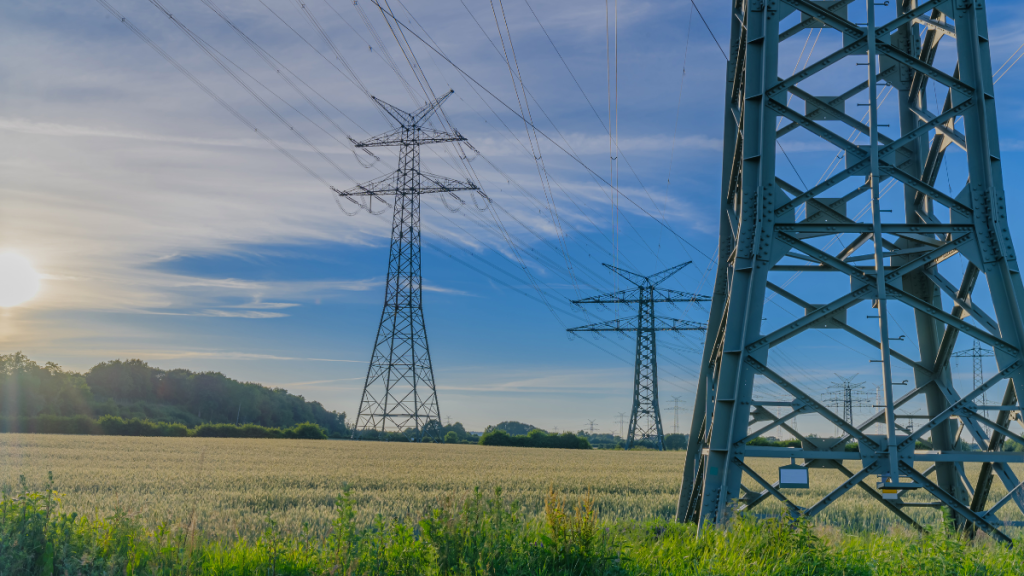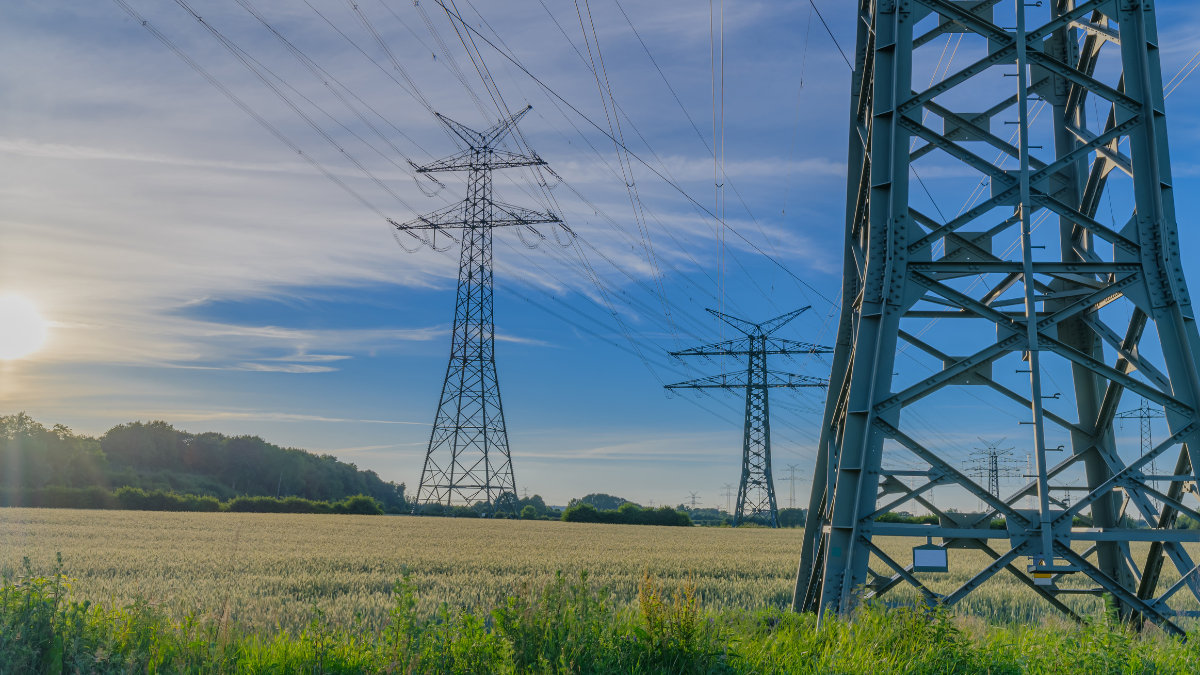Imagine a United States of America economy in the 1900s, or a United Kingdom aerospace and financial services industries in the 90’s without a stable electrical energy supply.
All of their magnificent economic progress, expansion, and industrial revolution, which attracted millions of immigrants to seek brighter pastures, would be impossible. Many discoveries and innovations like spacecraft, the creation of the internet, and automobiles wouldn’t see the light of the day.
Most crucially, their present-day dominant economy would be nowhere to be seen. Why? Because reliable electrical energy to enable these breakthroughs, or attract bright inventors and famous investors to the countries would be unavailable.
Such is the dilemma currently embattling present-day Nigeria, the most populous black nation in the world. A study shows that Countries who early adopted electrical energy for commercial use are some of the countries with thriving economies today. While many who didn’t are behind infrastructurally, economically, and innovation-wise.
Electrical energy has always been around but wasn’t discovered and harnessed until 600 BC by a Greek citizen, Thales, who uncovered Static electricity. A significant achievement that through modifications would later result in numerous technological advancements with immense impact on human existence and her economy.

In 1870, Thomas Edison produced a DC electric generator. Two years later, Nikola Tesla, sometimes referred to as his adversary, created the AC system. This sparked the War of Current, which resulted in the development of the Buffalo Power Plant in New York, powered by Niagara Falls energy years later.
In 1881, the first public wide-scale production and distribution of electric power stations using electric generators was installed in Godalming Surrey. A device that operates based on the induction principle formulated by scientist Michael Faraday in 1831.
By 1890–1891, the first workable AC generator had been constructed and turned on at the German Lauffen power plant. All of these events signaled the start of even bigger developments in the history of power generation and its significance to the economy of a country. In 1935, the UK saw the opening of the first integrated national grid in history.
Importance of Stable Power Supply for the Industries, Companies, and Economy of Nigeria
First off, what is the correlation between power, economy, industries/companies, and the people?
The relationship between energy availability and economic growth has been the subject of significant research over the past years. However, economic development is closely linked to energy consumption since a higher level of energy consumption leads to higher economic growth.
According to research when energy is scarce, this imposes a significant constraint on the economy and developmental growth of a country. This was evident in Europe which was over-reliant on agriculture before the industrial revolution and the discovery of electrical energy sources such as coal and new fossil fuels.
A stable electrical energy generation isn’t only crucial to Nigeria’s economy but also to its National security. Furthermore, every ecological and energy economist agrees that electrical energy is the lifeline of production in every industry. It is crucial to the growth of any given nation in the world. Why? Because, businesses, agricultural sectors, Militaries, government and family houses and almost anything you can think of in the modern world require energy for functionality.
According to this article, total US energy consumption in 2022 was 4.07 trillion kWh with the industrial sectors the highest consumer, about 19% was from nuclear energy, and about 21% was from renewable energy sources.
Also, in 2023, the US generated about 4.18 trillion kWh of electricity at utility-scale electricity generation facilities. About 60% of this electricity generation was from fossil fuels—coal, natural gas, petroleum, and other gases.
Meanwhile, in Nigeria, electricity demand as of 2022 stats amounted to over 32 terawatt hours with natural gas being the most common source of electricity generation taking up 71 percent, hydroelectric energy at 27 percent, and coal taking up 2 percent. However, Nigeria only generated 11.29 gigawatts of electricity through gas and 2.1 gigawatts through Hydropower with about 62 percent of the population having access to what I called erratic electricity energy supply.
The needed symbiotic relationship between electrical energy and economic development especially in countries like Nigeria with unsatisfactory energy generation and distribution can’t be overemphasized. This is evident in the USA and UK economy that generates and consume a lot of energy for both industrial production and consumer consumption. The prioritization of energy generation on a massive scale was one of the major drives behind the rapid progress achieved in the second and third industrial revolutions among these countries which have immensely contributed to their economic success today.
What the Present And Future Administration Must Do.
Most companies and citizens in Nigeria generate their reliable sources of energy through the use of fuel-powered and diesel-operated generators with little support from the government.
However, recently the federal government enacted the policy of subsidy removal, which previously helped cushion the amount spent on energy consumption, meaning an average Nigerian and companies would now have to spend more to sustain this means of energy generation.
Following observations by World Bank development, electrical energy is related to almost every conceivable aspect of development. Wealth, health, and infrastructure are significantly dependent on electrical energy to maximize their potential. Relieving the electricity constraint on the people and industries is thus critical for Nigeria’s economic development and revolution.
If millions of young Nigerians, their families, and establishments are to escape poverty and have a more stable and prosperous future, the challenges of large-scale power must be properly solved and addressed in the country because no wealthy country in the world consumes little energy and no poor country consumes a lot.
In India, China, Indonesia, and Brazil. It is concluded that electrical energy is such a necessary element in development that it should be seen as a basic right for citizens and companies.
Currently, they are myriads of ways Nigeria can generate electrical energy for consumption and usage on a large scale, such as wind energy, hydro-power, coal power, nuclear power, geothermal energy, biomass, solar energy, tidal power, natural gas and renewable energy.
According to Trade gov, revamping the Nigerian power sector and achieving a reliable electrical energy supply would cost the Nigerian government about $100 billion in investment over the next 20 years. An achievable feat if the current and future administrations have a clear vision.
Here are a few things they should prioritise:
1. Massive investment in renewable energy
Renewable energy is growing more than ever and taking charge as one of the prominent ways of generating energy, the present and future administrations should heavily invest in ways to make quality renewable energy resources economical for both the people and companies in Nigeria. This will reduce the heavy workload on the demand for hydroelectric power generation and increase power generation output. The Nigerian administration should strategically woo energy investors both in and outside the country to invest in off-grid systems in strategic communities to maximise energy delivery efficiency across the country. This will attract investors in other sectors to transfer and build their businesses in the country.
2. Investing in nuclear energy and building power plants
According to an article by Reuters, a lot of countries are turning towards the adoption of nuclear energy. Nei claims that nuclear-powered American cities are more reliable than any electrical energy. Nuclear power plants are expensive to build but relatively cheaper to run and maintain. The present and future Nigerian administration should set a clear prospect of assembling a nuclear plant program to power the energy industry of the country to support the current ones for a larger and more reliable distribution of energy.
3. Upgrading of current hydroelectric generation equipment to cater to larger users
The Nigerian administration should strive towards improving the current power generation system in the country. Nigeria is a big country with a massive population, improving power generation equipment will lead to more economic development both in rural areas and cities as energy is indispensable in the livelihoods of citizens and businesses.
The administration should also prioritize investment in smart metering devices and local manufacturing of electricity generation, transmission, and distribution equipment. This will set the country on a pedestal of self-reliance and build a future for electric energy conservation.
Conclusion
Constant and reliable energy is necessary for a country like Nigeria to achieve its economic potential and development. Present and future administrations should prioritize making this a reality for the future of the country and its citizens.







